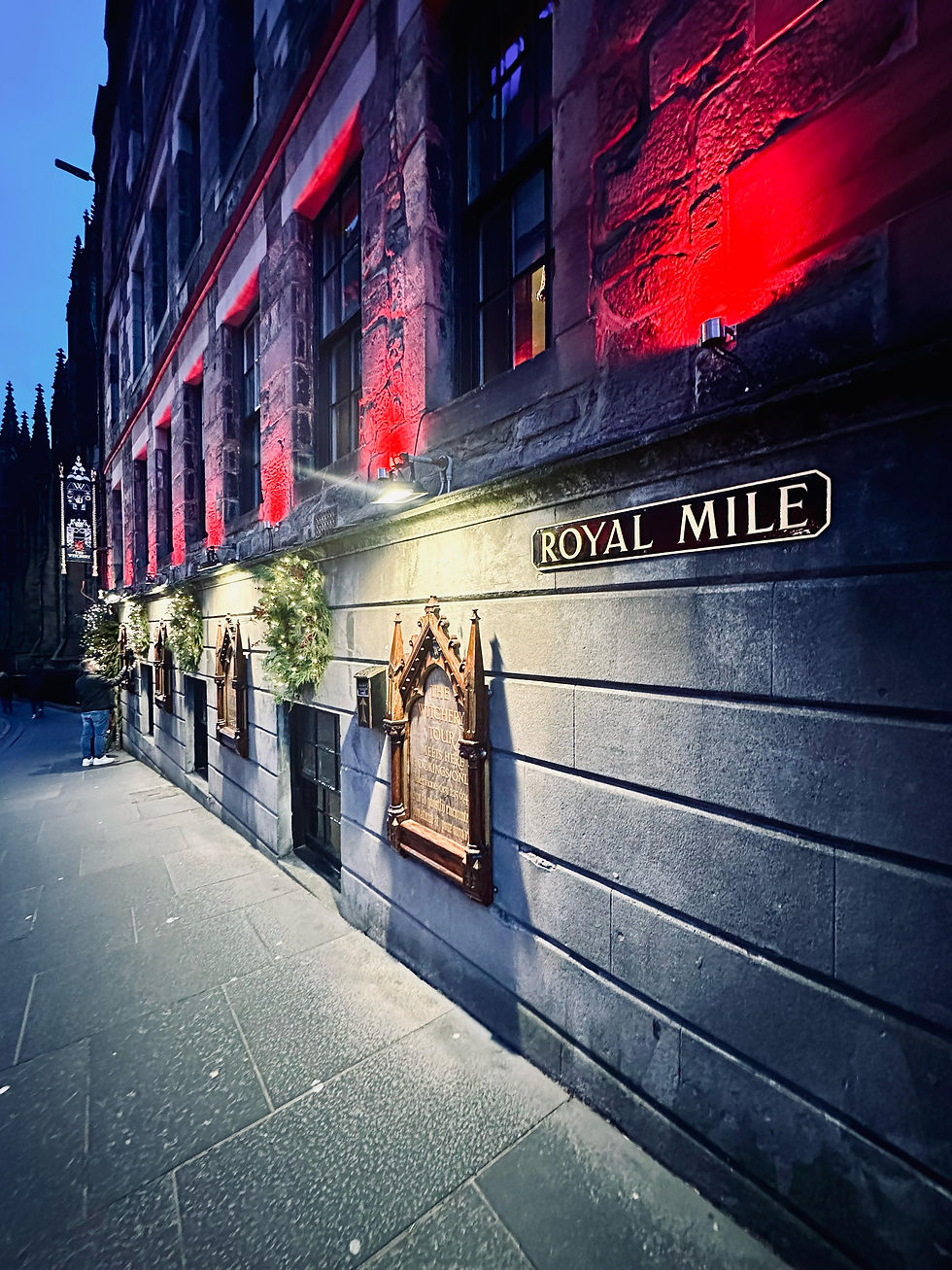The Four Kinds of Publishing...
- Mayghan Wison

- Aug 18, 2025
- 4 min read
Updated: Aug 22, 2025
When I started writing my book, learning about the publishing process never even crossed my mind. The prospect of writing an entire book seemed like a far-off dream itself. Now that the book is signed, sealed and almost delivered, I'd like to explain the four different types of publishing. Spoiler: it's not as straightforward as you would think.
Really, it depends on your own preferences, skills, time, money and, of course, if any literary agent decides to sign you. But for multiple reasons, people choose to do it in different ways.

1# Traditional Publishing
The big one! This is the dream for most authors. You send literary agents between 5,000 - 15,000 words of your book, and wait for their response. If they like what they read, they will ask for the manuscript. If they love the full manuscript, then they may sign you. The process can take months or even years, and you will likely receive numerous rejections. Even dear Stephen King was rejected thirty times before a publisher picked up his breakthrough novel.
Literary agents are only able to sign between 3-10 new writers per year, but can receive thousands of submissions every month. One literary agent I submitted my work to received 233 other proposals that day. Literary agents are the gatekeepers to the big five publishing houses (Penguin Random House, Hachette, HarperCollins, Macmillan, and Simon & Schuster), who generally do not accept unsolicited manuscripts.
Because of this, traditional publishing is the most competitive and most soul-crushing route to take. You have to stand out and be able to sell your book to people who see hundreds of synopses every day. It's not even about having a world-class story; it's about having a marketable world-class story that you summarised well enough on one page, along with many other factors relevant to that specific literary agent.

It's important to note that within traditional publishing, YOU DO NOT PAY THEM; they pay you. No literary agent will ask you for money. If this is happening, it's typically a vanity press (see below #4).
Literary agents will pick up the work, broker your deals with publishing houses, print and often market your book. Meanwhile, you get to start writing your second book. This is my number one choice, for many reasons. I'm aware of the horrifying statistics that make you want to give up (only 1% of submissions are generally accepted by literary agents), but we will cross that bridge if we come to it.
Pros:
Endorses your book is good/worthwhile/has potential.
No cost for the author, and you will receive an advance.
Much less work for yourself.
Cons:
Hard to obtain.
Many rejections can be disheartening.
A percentage of your royalties will go to your literary agent.
2# Hybrid Publishing
A mixture of traditional publishing and self-publishing. Hybrid publishing is relatively new on the scene and gaining more popularity. For this one, you do have to stick your hand in your pocket.
In layman's terms, it's like hiring a contractor to finish the final issues in your home. The book is yours, you are in control, but you just hired a little help. Many people choose this option because they want a book that was professionally produced, and don't want the enormous task that comes with self-publishing.
Pros:
Professionally produced.
Higher percentage of royalties than traditional publishing.
Less competitive.
Cons:
Costly.
Still can leave a lot of work for yourself.
No advances.

3# Self-publishing
It does what it says on the tin. You do it all yourself. From formatting your manuscript, uploading your book as an e-book or printing your own copies. You can join the likes of Kindle Unlimited, Kobo Plus, Books or Libby.
But it's all down to you for the heavy lifting. This method is ideal for those who have a background in marketing, design, websites and lots of free time. Or people who want full control of their stories, and don't want to pay a percentage to a literary agent.

4# Vanity Presses
A bit of a tricky one... Vanity Presses are printing places that you pay to publish your book. Typically, these places are referred to as a 'scam'. Since you often pay thousands of pounds, you can lose the rights to your book and receive very little or no marketing whatsoever.
But if someone just genuinely wants their book printed/published, it can be a good option. However, it is very costly and in the long run it is extremely difficult to make any money this way. There are many Vanity Presses now designed like Traditional Publishing, and you do not realise until they ask you for money. No UK or USA literary agent will ask you for money to publish your book.
Closing thoughts...
It's important to note that this is all coming from a Scottish lass who has not published yet, and there are definitely more ways than one to crack an egg.
What would you pick?
Traditional Publishing
Self Publishing
"Many of life's failures are people who did not realize how close they were to success when they gave up." ― Thomas Edison


Comments